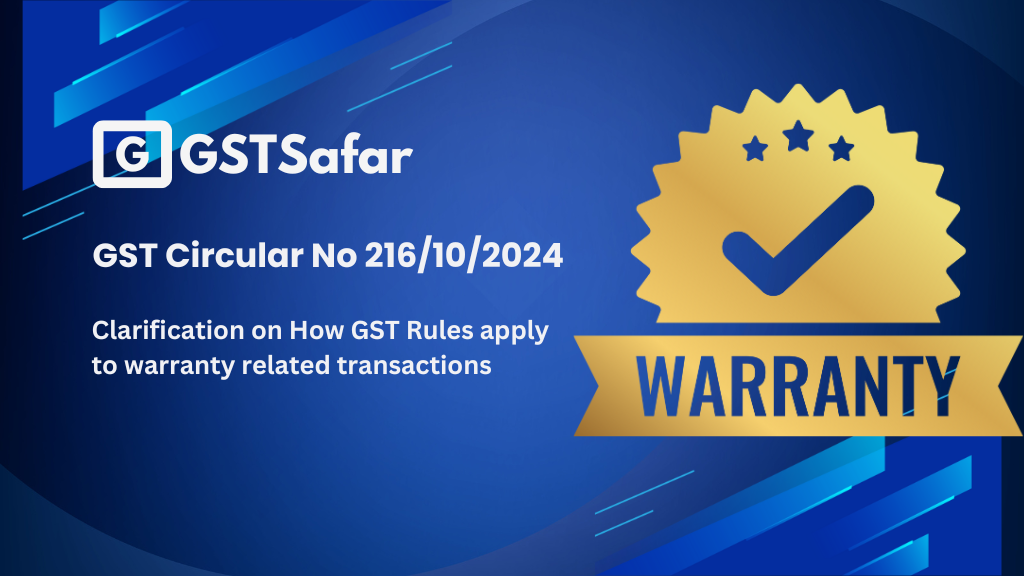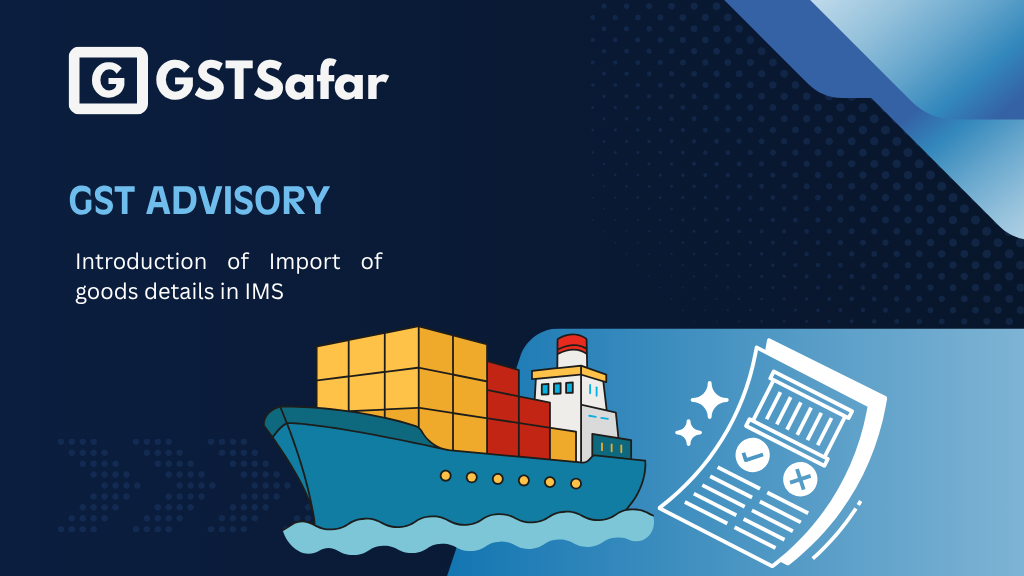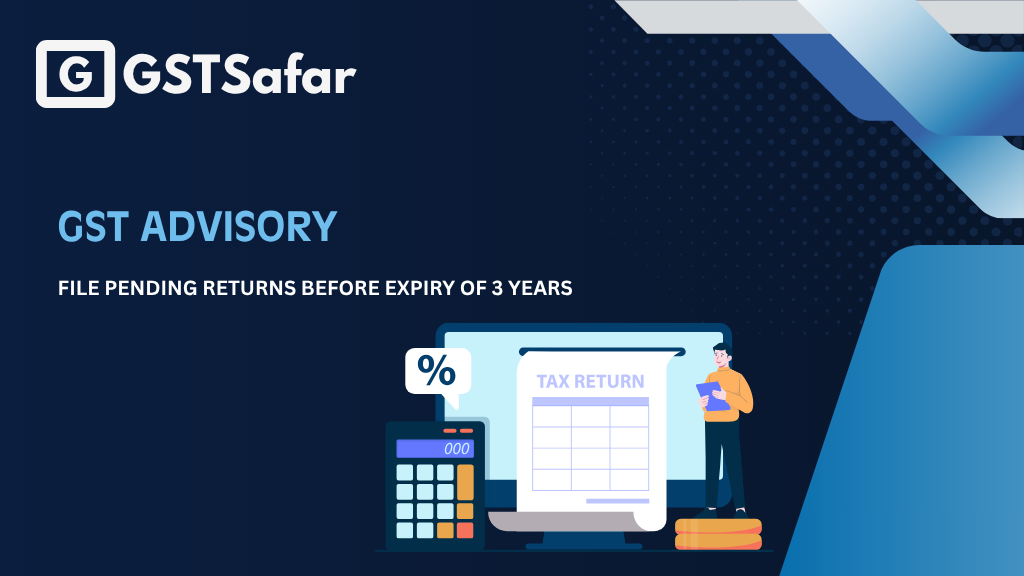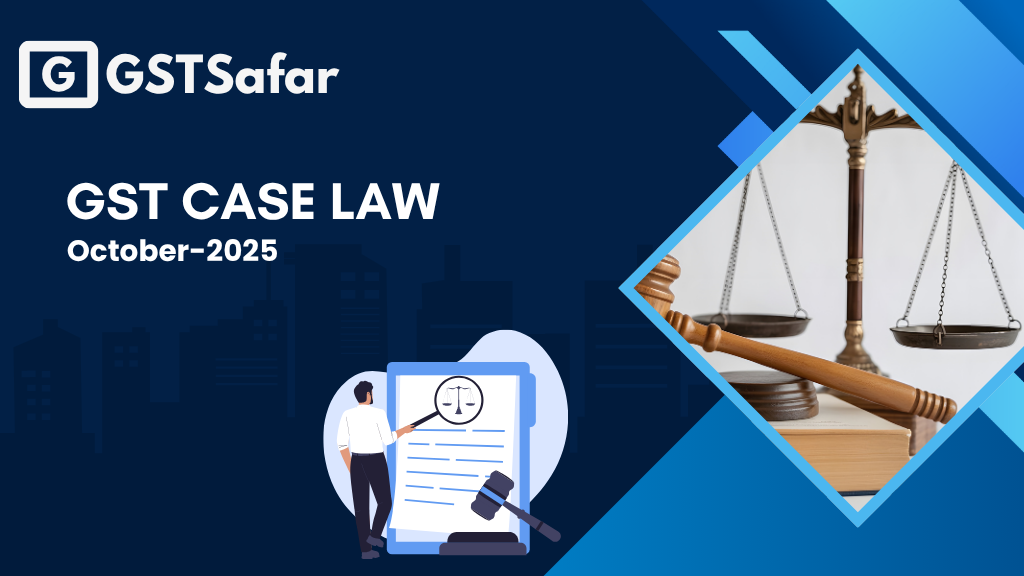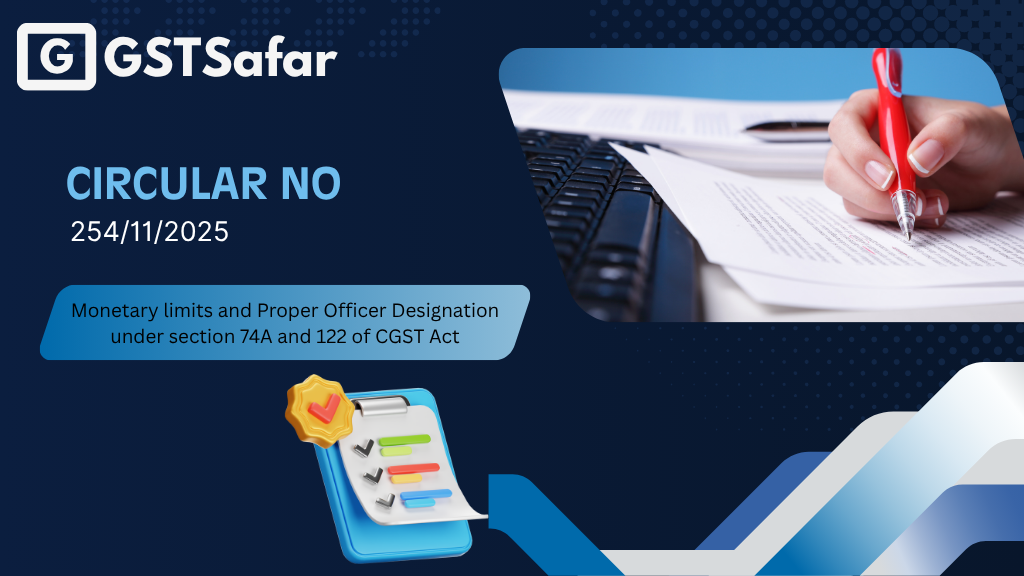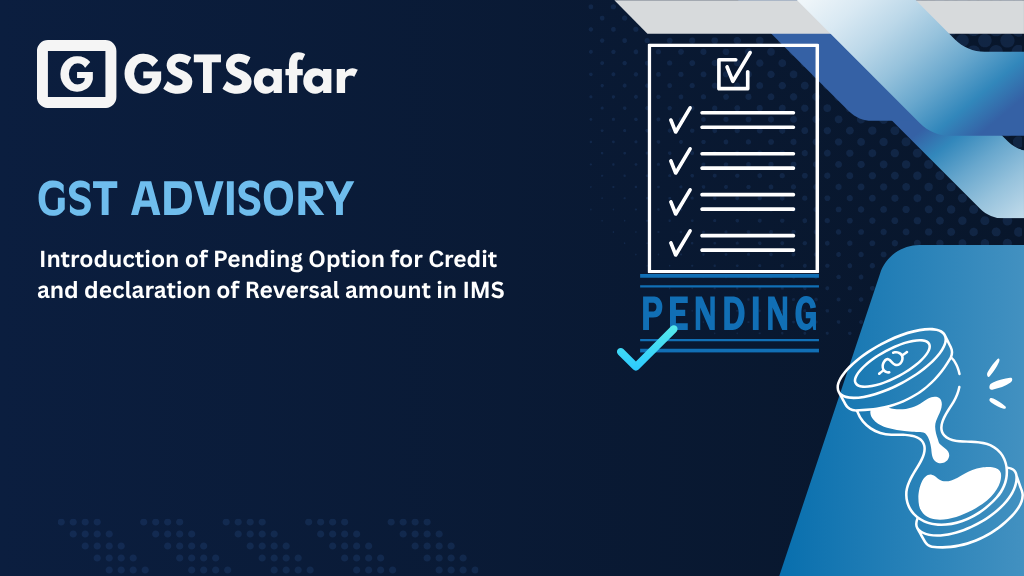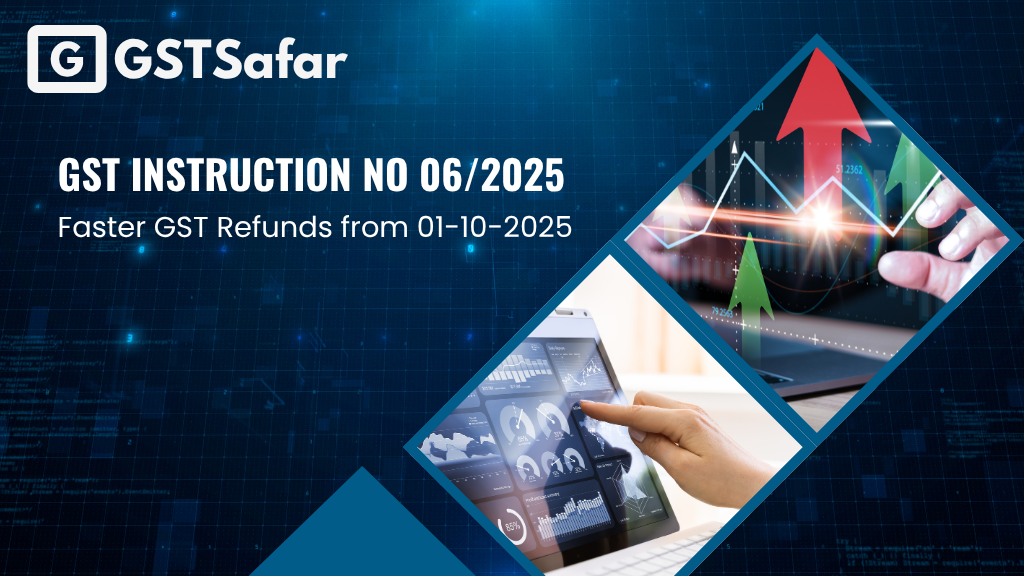Summary of Clarification on How GST rules apply to warranty related transactions.
Circular No 216/10/2024 issued to provide Clarification on How GST rules apply to warranty related transactions. The original clarification in Circular No 195/07/2023-GST mainly focused on the case where only part of product were replaced under warranty, not entire product. However, guidance provided through this circular on what happens when entire product is replaced under warranty, not just part of it.
Circualr mainly summarised in three parts:
- Clarification regarding GST liability as well as liability to reverse input tax credit in respect of cases where goods as such or the parts are replaced under warranty.
- Clarification in respect of cases where the distributor replaces the parts/ goods to the customer as part of warranty out of his own stock on behalf of the manufacturer and subsequently gets replenishment of the said parts/ goods from the manufacturer.
- (i) Nature of supply of extended warranty, at the time of original supply of goods,as a separate supply from supply of goods, if the supply of extended warranty is made by a person different from the supplier of the goods; (ii) Nature of supply of extended warranty, made after original supply of goods:
1. Clarification regarding GST liability as well as liability to reverse input tax credit in respect of cases where goods as such or the parts are replaced under warranty:
If the product has defect during the warranty period, the manufacture might need to replace either some part or entire product, depending on damage.The circular No 195/07/2023 only mentioned parts being replaced and did not explicitly talk about replacing the whole product. Hence anywhere the circular talks about Part or Parts is should now be understood to mean goods or parts depending on the situation. Hence it is clear that the same GST and ITC rules apply whether parts or the whole product are replaced.
2. Clarification in respect of cases where the distributor replaces the parts/ goods to the customer as part of warranty out of his own stock on behalf of the manufacturer and subsequently gets replenishment of the said parts/ goods from the manufacturer.
If distributors replaces the product or parts from their own stock, and the manufacturer later replenishes that stock, the same rules that apply to the replacement of parts under warranty should also apply here.
Where the manufacturer sends the replacement items to the distributor using delievery challan, no GST need to be paid on this transaction, and the manufacturer does not need to reverse any ITC they may have claimed on those goods. it is clear that neither distributor nor manufacturer will face extra GST costs or have to reverse ITC when handling such warranty replacement.
3. (i) Nature of supply of extended warranty, at the time of original supply of goods,as a separate supply from supply of goods, if the supply of extended warranty is made by a person different from the supplier of the goods; (ii) Nature of supply of extended warranty, made after original supply of goods:
- If the extended warranty is sold at the same time as the goods, but by the different supplier like manufacturer or third party, it is not treated as part of the same transaction. The extended warranty is treated as as seprate service not as part of good’s sale.
- If a customer buys extended warranty after buying goods, the warranty is always treated as seprate invoice, not part of the original good’s sale.GST will be charged based on it being service.
- The extended warranty is essentially an assurance that the product will work properly during the warranty period and if not, it will be repaired or replaced. At the time of selling warranty, no one knows whether a part will need to be replaced or just repaired. Therefore, it is treated as service,not product sale.
- when customer buys extended warranty at the time of original purchase from same supplier . it is considered part of goods’s sale and GST is charged on the combined value . However, if the extended warranty is sold by someone other than the original goods supplier or sold after the goods are purchased. it will be taxed separetly as a service.
Download – Circular No 216/10/2024
